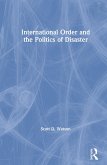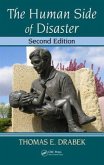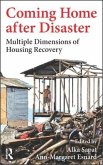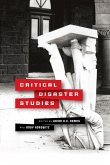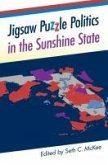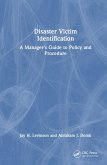"A rigorous study of disaster's impact on elected local and state political officials, on their electoral fortunes or misfortunes, and on the local political fabric of impacted jurisdictions."--Richard T. Sylves, George Washington University "A significant contribution to the field of disaster studies."--Naim Kapucu, University of Central Florida From earthquakes to tornados, elected officials' responses to natural disasters can leave an indelible mark on their political careers. In August 1992, as challengers and incumbents fought for an advantage in the upcoming elections, Hurricane Andrew overwhelmed South Florida, requiring local, state, and federal emergency responses. The work of many politicians in the storm's immediate aftermath led to a curious "incumbency advantage" in the state primaries in September, the general election two months later, and in subsequent elections, raising the question of just how much the disaster provided opportunities to effectively "campaign without campaigning."David Twigg uses newspaper stories, scholarly articles, and first person interviews to explore the impact of this category five hurricane--just the third to make landfall in the continental U.S.--on local and state political incumbents, revealing how elected officials adjusted their strategies and activities in the wake of the disaster. Not only did Andrew give them a legitimate and necessary opportunity to enhance their constituency service and associate themselves with the flow of external assistance, but it also allowed them to achieve significant personal visibility and media coverage while appearing to be non-political or above "normal" politics.This engrossing case study clearly demonstrates why natural disasters often privilege incumbents. Twigg not only sifts through the post-Andrew election results in Florida, but he also points out the possible effects of other past (and future) disaster events on political campaigns in this fascinating and prescient book. David K. Twigg is director at the Jack D. Gordon Institute of Public Policy and Citizenship Studies at Florida International University.
Hinweis: Dieser Artikel kann nur an eine deutsche Lieferadresse ausgeliefert werden.
Hinweis: Dieser Artikel kann nur an eine deutsche Lieferadresse ausgeliefert werden.


